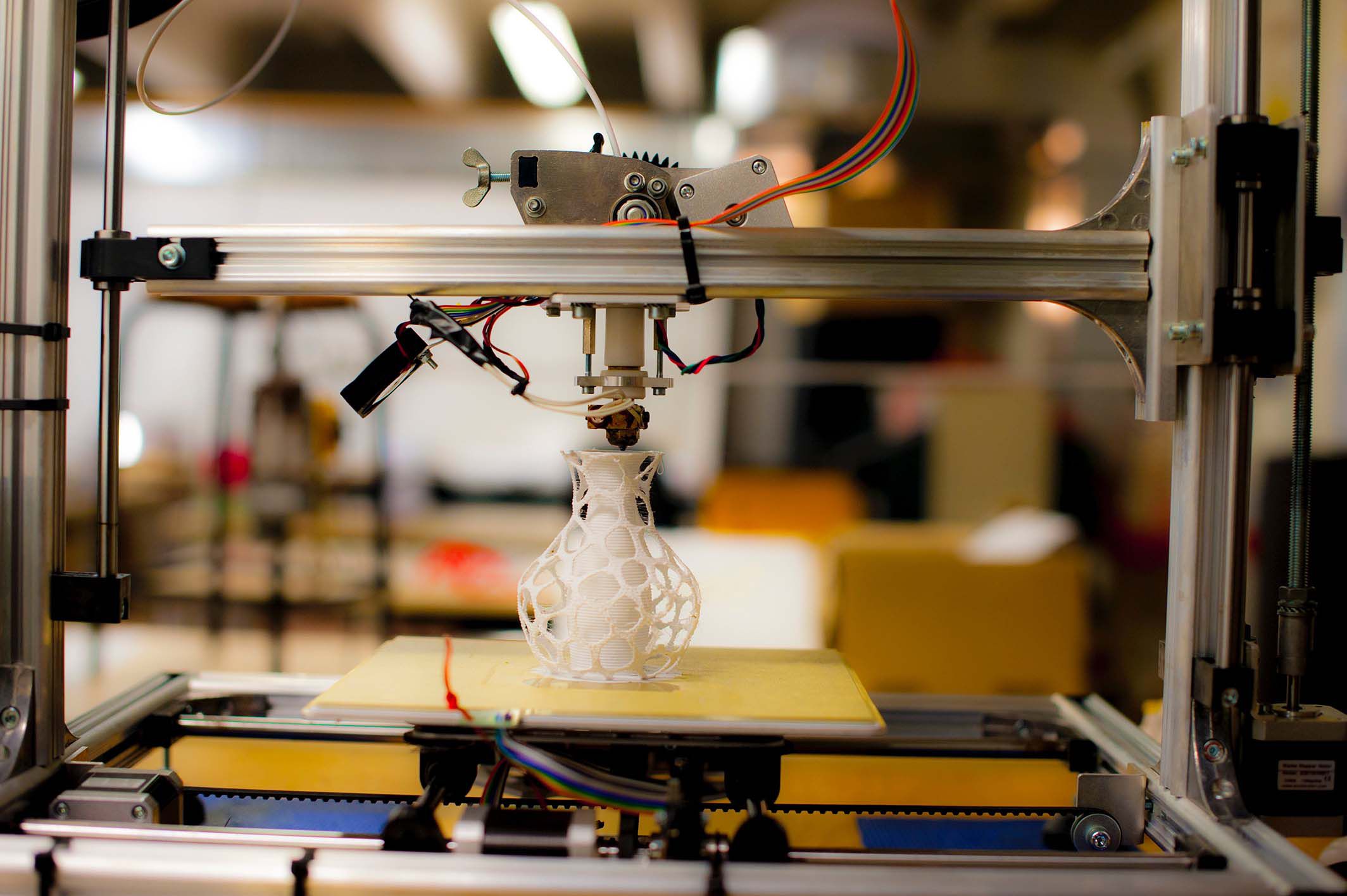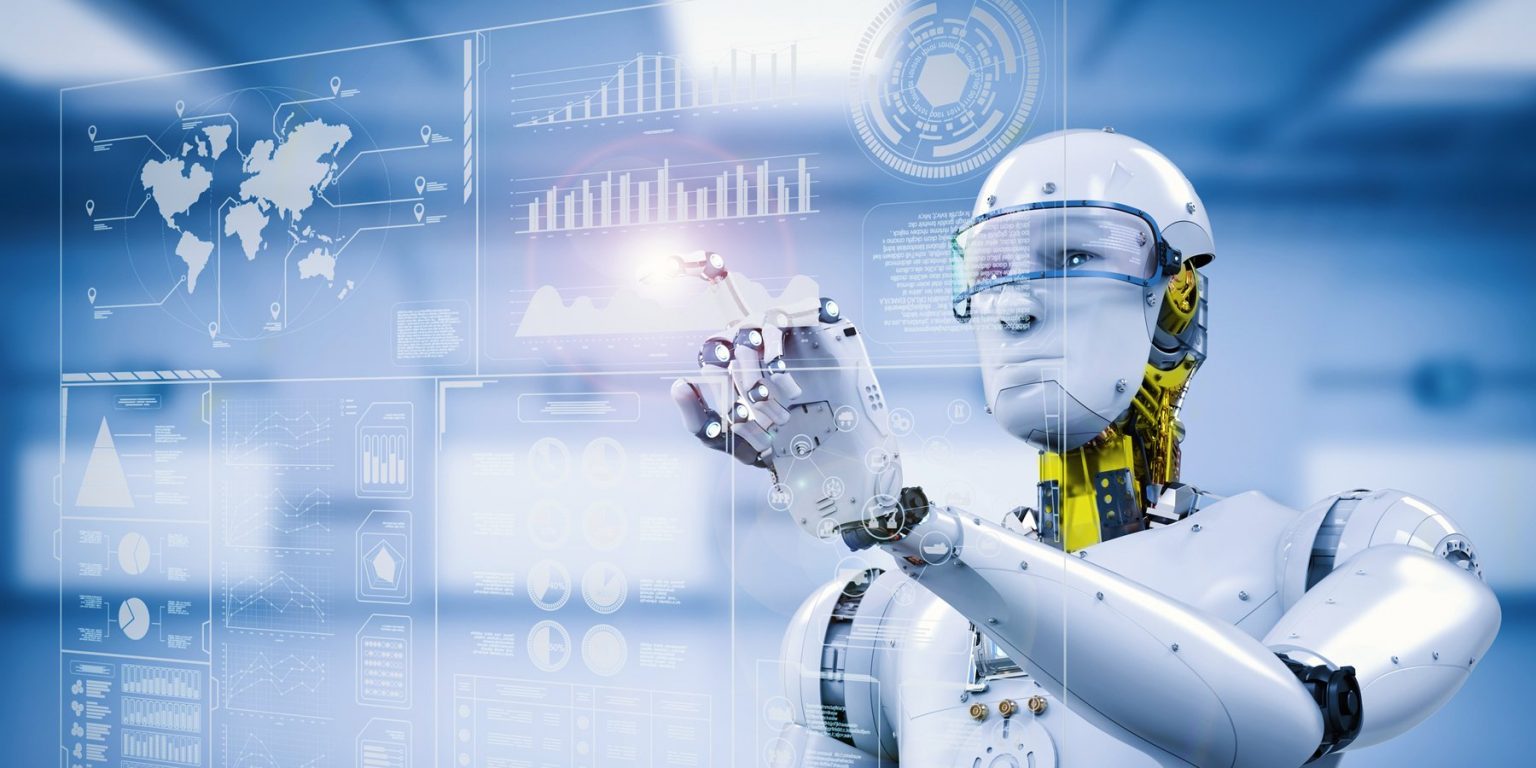The world of technology is constantly evolving, and the latest buzz is around extended reality (XR). XR is an umbrella term that encompasses virtual reality (VR), augmented reality (AR), and mixed reality (MR). These technologies are all about creating immersive experiences that blur the lines between the physical and virtual worlds. In this blog post, we’ll take a look at how XR is transforming industries and changing the way we interact with the world.
XR is not a new concept, but recent advancements in technology have made it more accessible and practical for everyday use. With VR, users are completely immersed in a virtual world, and with AR, users can overlay digital information onto the real world. MR is a combination of the two, where digital content is anchored to the real world.
One of the biggest applications of XR is in the entertainment industry. VR gaming has become increasingly popular, with games like Beat Saber and Superhot VR offering immersive experiences that transport players to another world. AR has also been used in gaming, with Pokemon Go being a prime example of how AR can be used to enhance gameplay.
But XR is not just limited to entertainment. It is also transforming industries such as healthcare, education, and retail. In healthcare, XR is being used for medical training and to create virtual simulations for surgeries. In education, XR is being used to create immersive learning experiences, allowing students to explore concepts in a more engaging and interactive way. In retail, XR is being used to create virtual showrooms, allowing customers to view products in a virtual environment and even try them on virtually.
XR is also changing the way we work. With the COVID-19 pandemic forcing many to work remotely, XR is being used to create virtual meeting spaces and remote collaboration tools. This has the potential to revolutionize the way we work, allowing for more flexible and remote work options.
But with all the benefits that XR brings, there are also concerns around privacy and security. With XR, users are often sharing more personal data than with traditional technologies. As XR becomes more widespread, it is important for companies to prioritize data security and privacy to prevent potential breaches.
In conclusion, XR is a technology that has the potential to revolutionize the way we interact with the world. It has applications in industries ranging from entertainment to healthcare and is changing the way we work and learn. As XR continues to evolve, it is important for companies to prioritize data security and privacy to ensure that users can enjoy the benefits of XR without any negative consequences.









